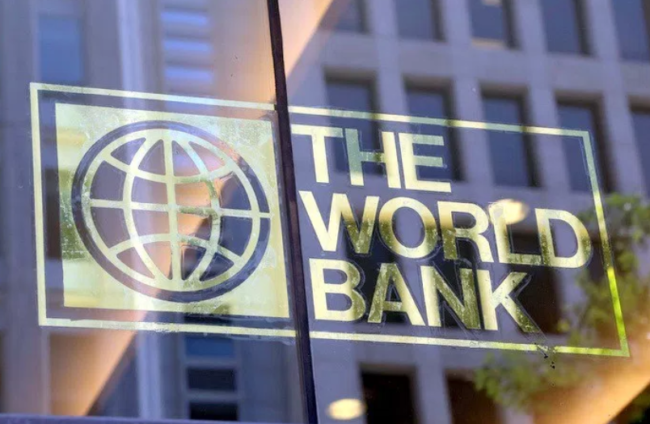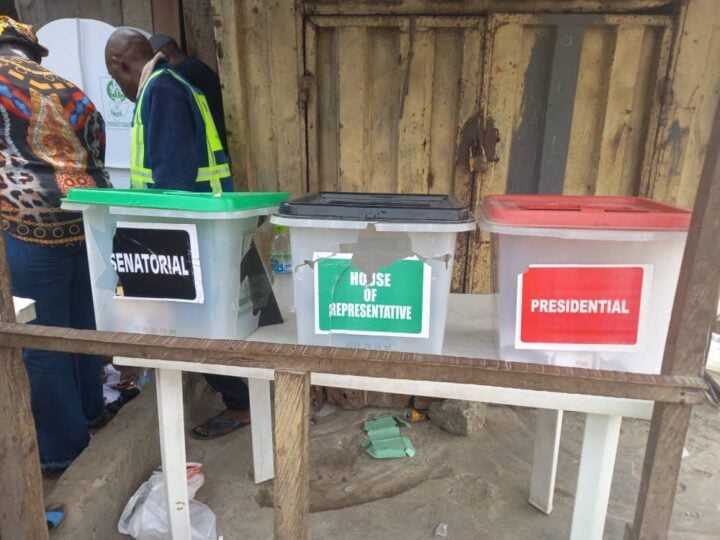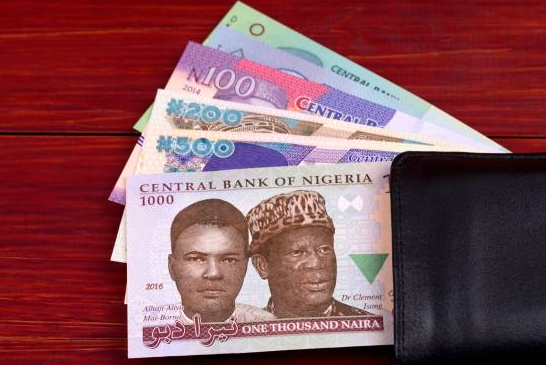The global pace of reforms toward equal treatment of women under the law has slumped to a 20-year low, says a new report by the World Bank.
In the report titled ‘Women, Business and the Law’, released on Thursday, the World Bank said the “reform fatigue” constituted a potential impediment to economic growth at a critical time for the global economy.
The international financial institution said that in 2022, the global average score on its Women, Business and the Law index rose just half a point to 77.1 — indicating women, on average, enjoy barely 77 percent of the legal rights that men do.
The report said that at the current pace of reform, in many countries, a woman entering the workforce today would retire before she will be able to gain the same rights as men.
Advertisement
Commenting on the report, Indermit Gill, chief economist of the World Bank Group and senior vice president for development economics, said, “At a time when global economic growth is slowing, all countries need to mobilize their full productive capacity to confront the confluence of crises besetting them.”
“Governments can’t afford to sideline as much as half of their population. Denying equal rights to women across much of the world is not just unfair to women; it is a barrier to countries’ ability to promote green, resilient, and inclusive development.”
The World Bank said its latest Women, Business and the Law report assessed 190 countries’ laws and regulations in eight areas related to women’s economic participation — mobility, workplace, pay, marriage, parenthood, entrepreneurship, assets and pensions.
Advertisement
The data — which are current through Oct 1, 2022 — offer objective and measurable benchmarks for global progress toward legal gender equality.
The report said that at present, just 14 countries — all high-income economies — have laws that give women the same rights as men.
According to the report, worldwide, nearly 2.4 billion women of working age still do not have the same rights as men.
It said that closing the gender employment gap could raise long-term gross domestic product (GDP) per capita by nearly 20 percent on average across countries.
Advertisement
“In 2022, only 34 gender-related legal reforms were recorded across 18 countries—the lowest number since 2001,” the report reads.
“Most reforms focused on increasing paid leave for parents and fathers, removing restrictions to women’s work, and mandating equal pay.”
At the current pace, the bank calculated that it would take at least 50 years to pass the 1,549 reforms needed to reach “substantial gender equality everywhere.”
The World Bank said that although great achievements have been made over the last five decades, more needs to be done worldwide to ensure that good intentions are accompanied by tangible results —that is, equal opportunity under the law for women.
Advertisement
Add a comment






